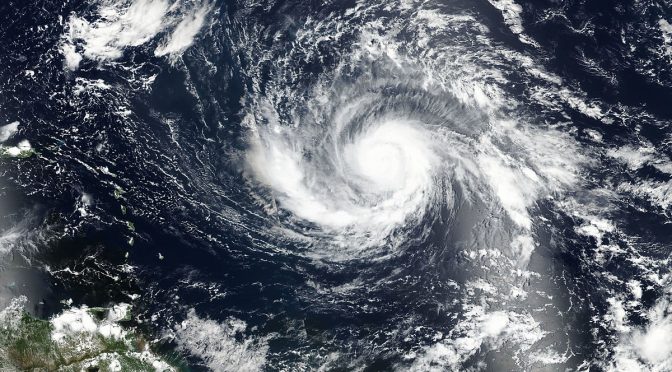The article below was originally published on reneact.com way back in 2011 after one of the most extensive power outages in Connecticut history. This article is re-posted to help people better prepare by learning critical lessons from the past as we are in the midst of one of the most destructive and deadliest Hurricane seasons since records began.
11/29/11 Top Ten Things Learned from the Blackout
The top ten things learned by the leaders of reneact.com and projectfeeds during the most extensive blackout in CT… some of these we knew, some we learned, next time we can all be better prepared
1. If you have grid tied solar power, you DO NOT have power to your home during a blackout, UNLESS, you have a Sunny Island battery backup solution or a similar device and of course, an adequate battery bank. Your solar installer should have made you very aware ; during a power outage, your solar system will not provide electricity. This is to insure power is not being delivered to the lines to protect the safety of the linesmen. See your solar provider for more info.
2. If you rely on a well, if you have no power, you will have no water since the well pump needs power to pump water to your home
3. If you use a generator for backup power, gasoline shortages can make life miserable and a gas powered generator useless. A propane generator with an extra propane tank is a better backup.
4. We learned to keep together as a unit and be a family again. Helping your neighbor; “when in need they will come”. And help your neighbor emphatically, especially those who are close friends and family who do not have at this time of crisis.
5. An inverter and solar battery powered portable backup system is invaluable in allowing some tv and internet time during a blackout. These devices are also great at charging a cell phone.
6. Crank radios and crank powered LED flashlights work excellent in an emergency keeping your family informed and allowing for light without having to charge batteries.
7. We learned to use our syn-gas Eco stove and conserve water resources, Used the wood stove with thermo-electric fan and generator, organic alpaca clothing and blankets to keep us warm, Rationing out organic meats, canned foods and vegetables was a necessity. Make sure an adequate supply of matches and or lighters are available.
8. More stored water, even though we had enough to sustain with this disaster would make me feel more comfortable with my farm with large animals.
9. A syn gas stove is a great way to heat food and uses easily found wood and twigs to run. (see projectfeeds.info for more on the syn gas stove)
10. Six more Chickens , more eggs would have been appropriate. The average homestead needs around 12 chickens and 1 rooster to keep up sustainability.
One additional very important thing to keep in mind – during a disaster, for those on medication, it is critical to insure you have an adequate supply beforehand, otherwise, trying to get specific meds in a disaster zone is very difficult.
Remember, this can and will happen again, lets learn from this storm and prepare better for the next one.
